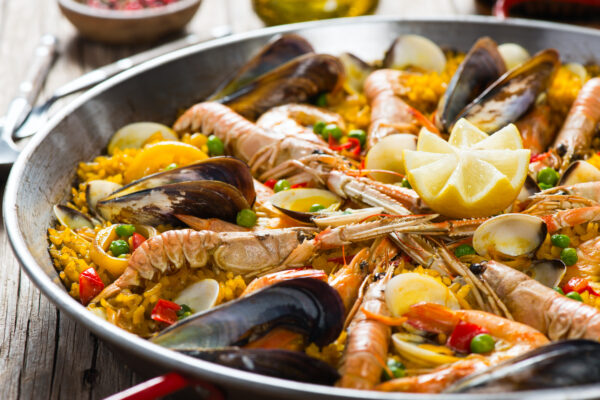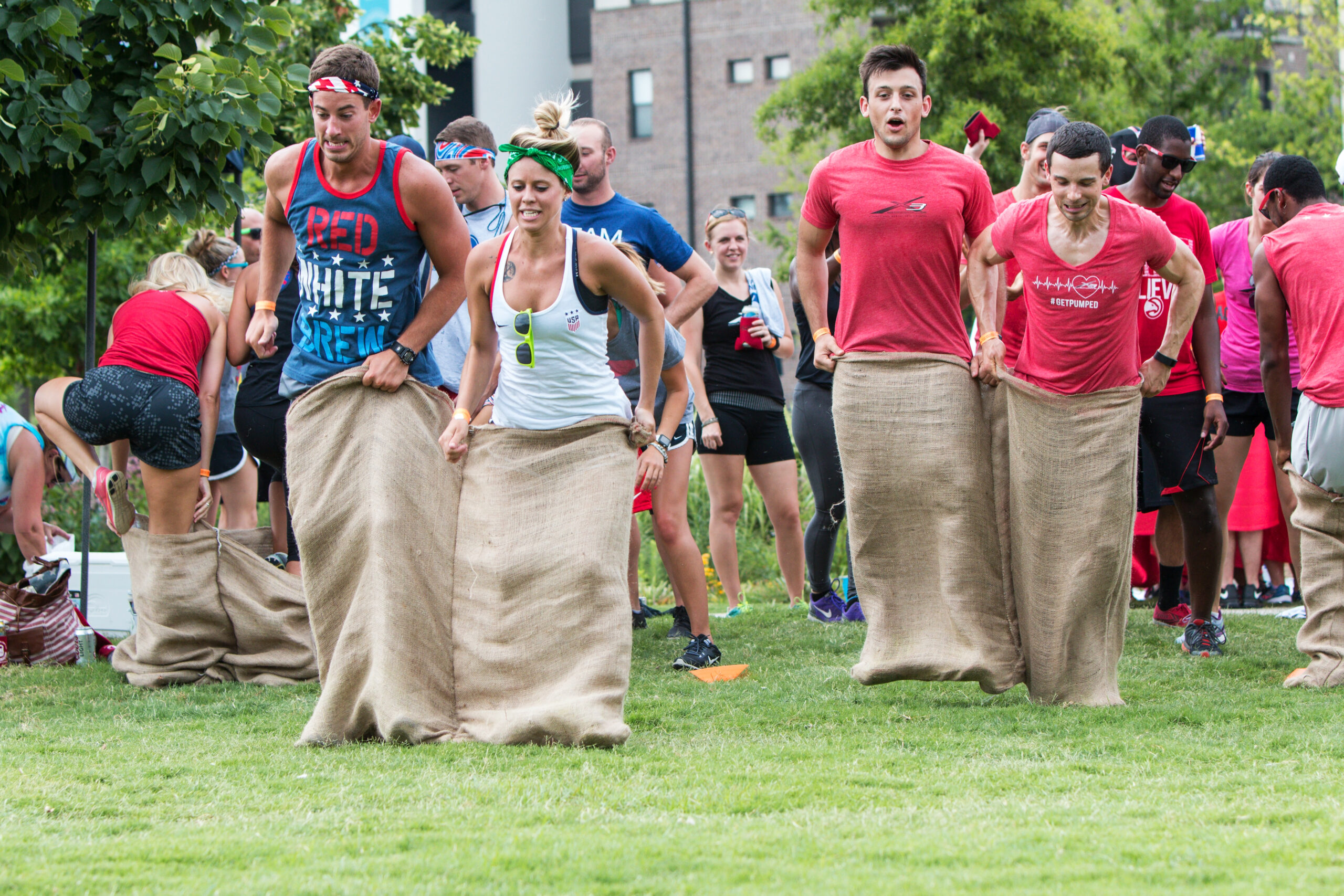Colorful, rich in flavor, and full of soul, the spanish paella is the most iconic dish of Spain. Originating from Valencia, it represents the essence of Mediterranean cooking. Whether enjoyed at a seaside restaurant or shared with family, paella is a culinary celebration. Let’s dive into the secrets of this traditional and deeply beloved meal.
What Is Spanish Paella?
Origins and history: A dish born in Valencia
Paella was born in the countryside around Valencia, where farmers cooked rice with seasonal ingredients over open flames. The name “paella” comes from the pan in which it’s cooked: the “paellera.”
Cultural significance and family tradition
In Spain, paella is not just food — it’s a social ritual, especially on Sundays. It brings families and friends together around the table, often paired with a good white wine or sangria.
Why it symbolizes Spain like no other dish
With its vivid colors and robust flavors, paella reflects Spanish warmth, generosity, and love of sharing. You’ll find it across the country, from local taverns to festive gatherings.
The Different Types of Spanish Paella
Paella Valenciana: the original with chicken, rabbit, and beans
This is the classic recipe, using rice, green beans, rabbit, chicken, and sometimes snails — all simmered in a rich, saffron-infused broth.
Seafood paella (paella de mariscos)
Popular in coastal towns, this version is filled with mussels, shrimp, squid, and other fresh seafood. No meat — just the taste of the sea.
Mixed paella: a land and sea combination
A modern favorite that combines meat and seafood, often with chorizo (though not traditional). It’s hearty, flavorful, and loved by many.
Vegetarian paella: tasty without meat or fish
Made with seasonal vegetables, olive oil, saffron, and vegetable broth, this version is as colorful as it is delicious.
Other regional versions: squid ink paella, fideuà, etc.
In Catalonia, the fideuà replaces rice with noodles. You might also encounter black paella (arroz negro), made with squid ink for a striking look and deep umami flavor.
The Essential Ingredients for a Perfect Paella
Bomba or Calasparra short-grain rice
These special rices absorb liquid beautifully without becoming mushy — key to getting that perfect bite.
Sofrito: tomato, garlic, and olive oil base
The sofrito is slowly cooked to release all the flavors and create a deep aromatic base.
Homemade broth and saffron for golden color
A well-made broth (caldo) is the heart of any good paella. Saffron adds both color and an unmistakable floral note.
Paellera and perfect cooking technique
The wide, shallow paellera allows even cooking. The key? A thin layer of rice, no stirring during cooking, and getting that crispy bottom layer (socarrat) just right.
Where to Eat a Good Paella in Spain?
The best restaurants in Valencia
Valencia remains the paella capital. Look for family-run spots that make it fresh to order.
Seaside paella in Barcelona or Alicante
There’s nothing like enjoying a paella by the sea. In Barceloneta or along Alicante’s port, you’ll find top spots serving paella with a view and a glass of cava.
Tourist traps to avoid: frozen paella
Be cautious of restaurants that advertise “paella all day.” Authentic paella is cooked slowly and fresh, not made in bulk or reheated.
Can You Make Real Paella at Home?
Yes, you can! With a bit of practice, the right rice, quality ingredients, and a good paella pan, you can get very close to the real thing. If possible, cook it outdoors over a gas burner or fire. Invite friends, open some Spanish wine, and bring the Mediterranean spirit to your table.
Conclusion
Spanish paella is more than a dish — it’s a symbol of culture, community, and celebration. Each spoonful tells a story of tradition and flavor. Whether you’re exploring Spain or recreating the magic at home, paella is a meal to be shared, enjoyed, and remembered.







